The Moms Vs. The Multinational
When “forever chemicals” contaminated their water, Italian mothers got organized and took the polluters to court.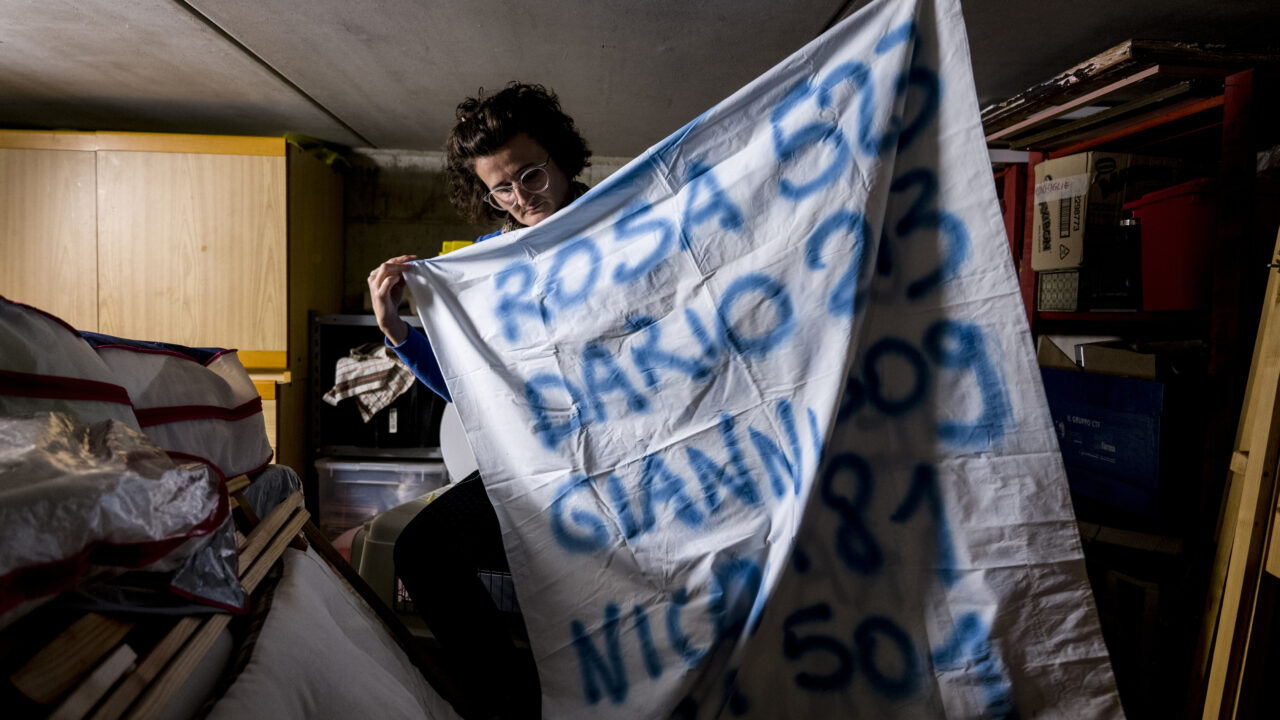 Michela Piccoli, 49, nurse at the Arzignano Hospice and activist, shows the banner they use during demonstrations and protests. On this banner there are the names of the activists, along with the level of nanograms of PFAS in their blood. Together with other mothers, Michela founded the Mamme No PFAS movement. Photo by Stefano Schirato
Michela Piccoli, 49, nurse at the Arzignano Hospice and activist, shows the banner they use during demonstrations and protests. On this banner there are the names of the activists, along with the level of nanograms of PFAS in their blood. Together with other mothers, Michela founded the Mamme No PFAS movement. Photo by Stefano Schirato
VENETO, ITALY — In November of 2023, a group of 30 scientists from 11 countries met at the International Agency for Research on Cancer in Lyon, France and confirmed the findings of a new study published in The Lancet Oncology: One type of the group of chemicals known as PFAS, or per- and polyfluoroalkyl substances, is cancerous to humans, and another is possibly cancerous. The findings came on the back of more than a decade of evidence of the potential harm PFAS pose to human health.
This didn’t arrive as news to Michela Piccoli, a nurse in Lonigo, a town in the Veneto region of northern Italy. For nearly seven years, the mother of two has been researching PFAS, known as “forever chemicals” for their propensity to last indefinitely while accumulating in the tissue of humans, animals and, according to a new paper awaiting publication, crops. In February of 2017, she received a letter from the area’s public health institution, Local Social Health Unit no. 8, offering a free blood screening for her 15-year-old daughter. For decades until its closure in 2019, a company called Miteni Spa — co-owned at the time by Mistubishi and the Italian energy multinational, Eni — manufactured PFAS in the area. The tests were part of the surveillance program on populations affected by PFAS contamination and measured the level of PFAS in the blood of a sample of teens living in the Veneto region, including Lonigo.
Piccoli had never heard of PFAS, but as a nurse she felt it important to contribute to the study. A month later, the results came back: PFAS levels in Piccoli’s daughter’s blood were 110 nanograms per milliliter, far above the National Institute of Health’s threshold of 8 nanograms. “I was stunned and confused,” she recalls. The letter urged calm, but as Piccoli started reaching out to friends in the area, she found she was far from alone in receiving equally alarming results.
Miteni Spa knowingly released waste “without control, polluting surface and underground waters and the food chain.”
Per- and polyfluoroalkyl substances (PFAS) are a group of synthetic chemicals composed of carbon and fluorine atoms that have been widely used in consumer products since the 1950s. Because the carbon-fluorine bond is one of the strongest, PFAS do not degrade easily in the environment. Used in such common products as nonstick pans, water-resistant clothing, shoes, packaging and cleaning supplies, PFAS have been linked to cancer, infertility, reduced immune response, high cholesterol, kidney disease and a range of other health problems.
In 2013, severe pollution of drinking, ground and surface water from Miteni’s plant was discovered, and the company filed for bankruptcy in 2018. Lonigo, 20 kilometers south and downhill from the plant, draws water from an aquifer serving approximately 350,000 people in 30 municipalities.
According to a 2021 report from Marcos A. Orellana, the United Nations Special Rapporteur on toxics and human rights, Miteni Spa knowingly released waste “without control, polluting surface and underground waters and the food chain.” Sixteen top Miteni managers are now on trial for dumping PFAS chemicals in the Agno River and surrounding water system. From there, the PFAS seeped into the groundwater of Veneto — a region known for its abundant agriculture and celebrated wines — and from there into the tap water flowing into Piccoli’s home.
The 2019 film “Dark Waters” details how American chemical company DuPont illegally dumped PFAS into the water system of Parkersburg, West Virginia, the class-action suit filed by the attorney Robert Bilott on behalf of more than 3,500 plaintiffs, and the resulting 2017 settlement for $671 million. Bilott has twice come to Veneto to testify on behalf of the Italian moms since they initiated the criminal case against Miteni SpA in July 2021. (In Italy, individuals can bring criminal charges.) A second criminal case, brought by Miteni workers, has been shelved but might be re-opened.
Veneto’s aquifer is the largest in Italy and the second largest in Europe. The contaminated area in the Veneto region is three times the size of West Virginia’s and its population far greater.
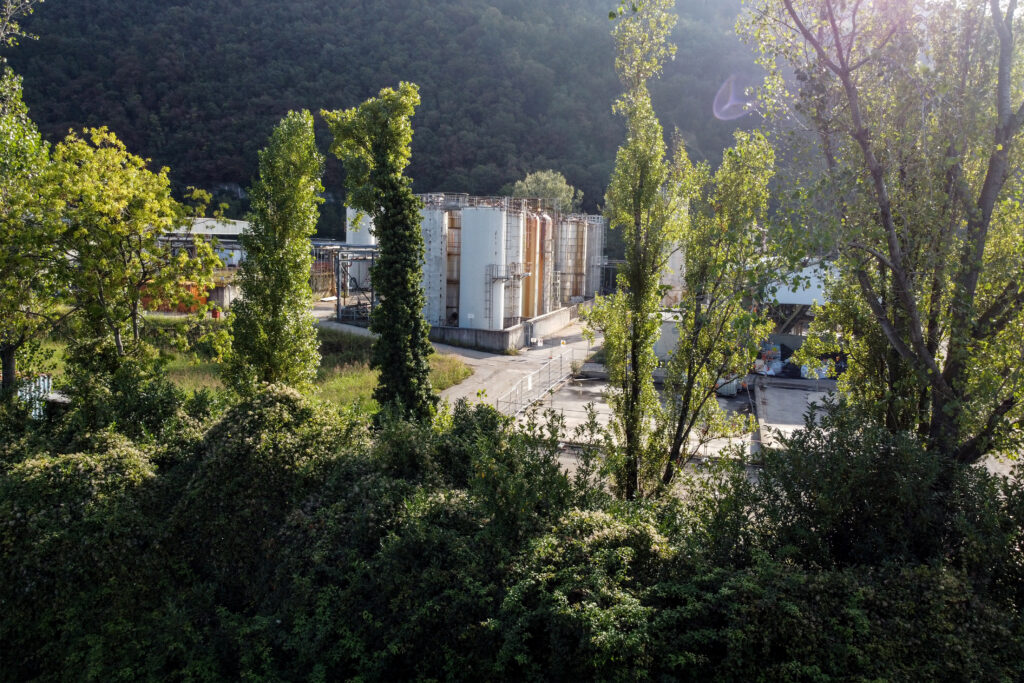
“In hindsight, I was naïve,” says Piccoli. After contacting other affected mothers, she realized that they were not getting any reassuring answers from the local government and that no independent organization advocated on their behalf. So, in 2017, she and three other affected mothers in the region started Mamme No PFAS (Moms Against PFAS). Today, its approximately 300 active participants include lawyers, accountants, farmers, cooks, teachers and others. The organization is entirely self-funded, raising money through donations, bake sales and the sale of merchandise such as t-shirts and water bottles. By refraining from registering as an official organization, the movement makes a diffuse target for responsible parties to push back against. “We have a right to speak up and be heard, regardless of how we organize,” Piccoli says.
The network of moms began by studying the science on PFAS’s possible health effects. Organizing on WhatsApp and Telegram, it has documented thousands of children with conditions potentially linked to PFAS exposure, pressured local authorities to hold Miteni executives accountable, demanded cleanup of the aquifer and the contaminated site, and pushed regional public health authorities to address the remaining PFAS in the area’s water supply.
“We have a right to speak up and be heard, regardless of how we organize.”
Mamme No PFAS further advocates for the enforcement of responsible waste disposal by industry, independent studies on new PFAS substances and their impact on human health, and an epidemiological study in the region on cause and effect of PFAS contamination on human health, as was done in West Virginia. This could establish any correlation between PFAS concentrations and the prevalence of illness.
Piccoli cites documents from Italy’s National Institute of Health, presented at the criminal trial, regarding the significance of such an epidemiological study. Though the regional government initially agreed, she says, it opted instead for a health surveillance plan, which only monitors PFAS prevalence in the blood. “Lately, their excuse is that they don’t have enough money,” Piccoli says. “Yet they are spending lots of euros to build a bobsled track for the 2026 Winter Olympics. But no money to protect our health?” Some suspect the region is reluctant to do the study because of the harm it could cause to the agricultural economy, famous for its Prosecco wine and the produce it exports across Europe.
Many have taken time off from work to present their case to policymakers from Rome to Brussels and ask for their help, their children often tagging along. “We take our children with us everywhere we go,” says Monica Paparella of Brendola, a teacher. “They have grown up together and made friends with each other.” Her 7-year-old was ineligible for free blood testing because she was younger than the targeted cohort. She showed up at the European Parliament wearing a homemade T-shirt that read, “PFAS in my blood?”
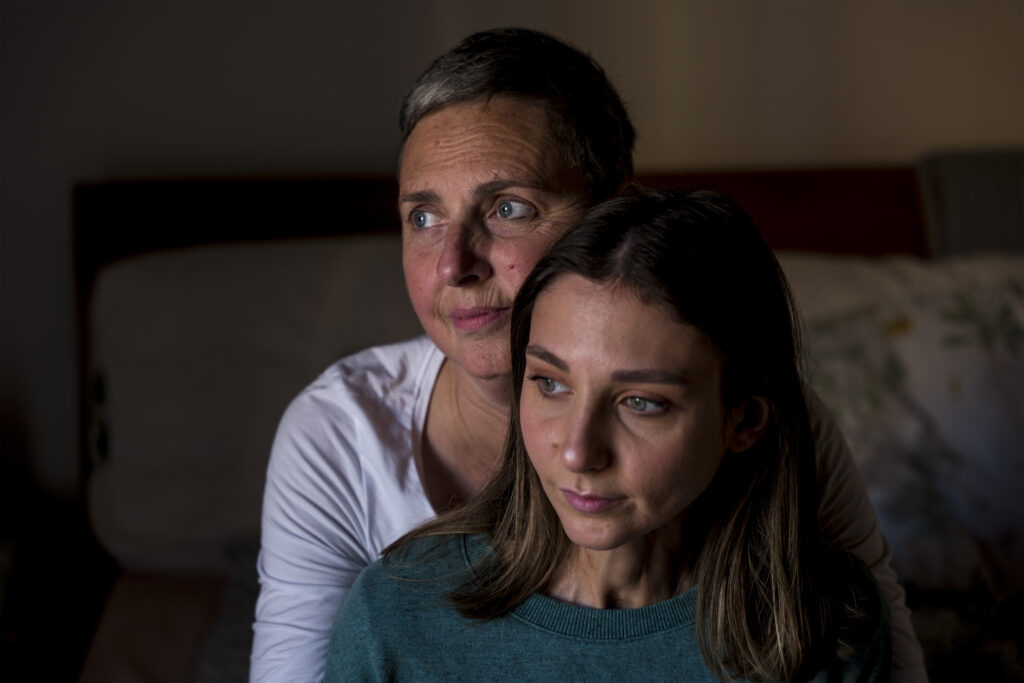
The activist-moms have discovered that although they are united on their demands, they are not all equal in the eyes of regional authorities. Whether they are entitled to free blood testing can depend on a child’s age and where they live, and hence the level of water contamination authorities believe they may have been exposed to.
Elisabetta Donadello lives in the “orange zone,” just outside the “red zone” that regional authorities deemed most at risk. “I was expecting my second child when I first heard about this issue in 2017,” says Donadello. “For years, we kept asking the region to let us screen the blood of our children, but they said no.” Finally, in 2022, a German TV crew came to do a story on PFAS contamination in Veneto and agreed to test her children. Both were found to have high PFAS concentrations. Mothers expel PFAS through the breast milk, and Donadello’s first-born has higher levels than their younger sibling.
Donadello, Piccoli and the other moms are advocating for a new standard of zero tolerance for PFAS in the environment: rather than the principle of “polluter pays,” they’d like to see pollution criminalized as an additional deterrent. Groups such as Health and Environment Alliance, in Europe and Safer States in the United States are now making the same demand. The United Nations General Assembly voted in 2010 to recognize “the right to safe and clean drinking water as a human right.”
“For years, we kept asking the region to let us screen the blood of our children, but they said no.”
“Water is at the core of everything,” Piccoli says. “It will impact all other things, including your health. If you don’t go to the root of the problem, eventually you will pay for it, and with a high interest rate.”
The moms and their families, numbering 120, are among the plaintiffs in the criminal trial. The charges are for causing environmental disaster and poisoning of water. The suit seeks compensation for the lifestyle changes of the families impacted by PFAS contamination in the underground water system and for the psychological and emotional damages that the mothers have been subjected to over the years. (Italy’s judicial system assigns an amount of compensation during the trial, rather than plaintiffs seeking a particular figure at the outset.)
Cristina Guasti is one of three lawyers who represents the mothers in the criminal case. “When they found out that their children had PFAS circulating in the blood, everything changed — their lives were turned upside down,” she says. They have spent small fortunes buying bottled water for drinking, cooking and bathing, stopped irrigating their crops and hoped their children would follow their instruction to drink only bottled water outside the house as well. “These moms bear the burden of knowing they passed this poison on to their children through pregnancy and continue to spend a huge amount of their personal time advocating for justice,” Guasti says. She hopes that the civil case will be finalized by the end of 2024, but the Italian justice system is notoriously slow.
In the meantime, questions remain about possible contamination of Veneto’s land and food. Regional authorities have put some active carbon filters in the local water system, and are slowly connecting people to clean water sources. But they have yet to clean up the contaminated site, where the Miteni plant still stands abandoned, leaking PFAS into the ground.
Your support matters…Independent journalism is under threat and overshadowed by heavily funded mainstream media.
You can help level the playing field. Become a member.
Your tax-deductible contribution keeps us digging beneath the headlines to give you thought-provoking, investigative reporting and analysis that unearths what's really happening- without compromise.
Give today to support our courageous, independent journalists.

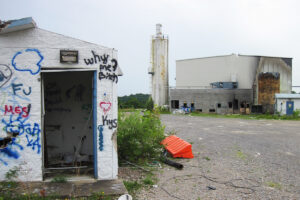
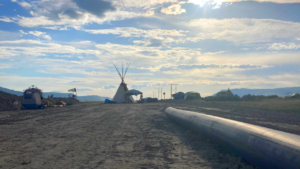
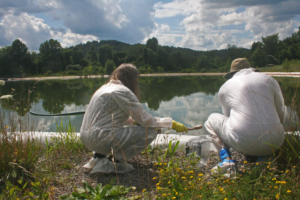


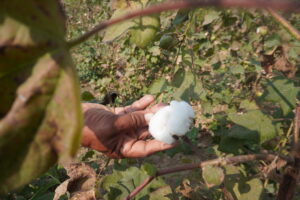
You need to be a supporter to comment.
There are currently no responses to this article.
Be the first to respond.